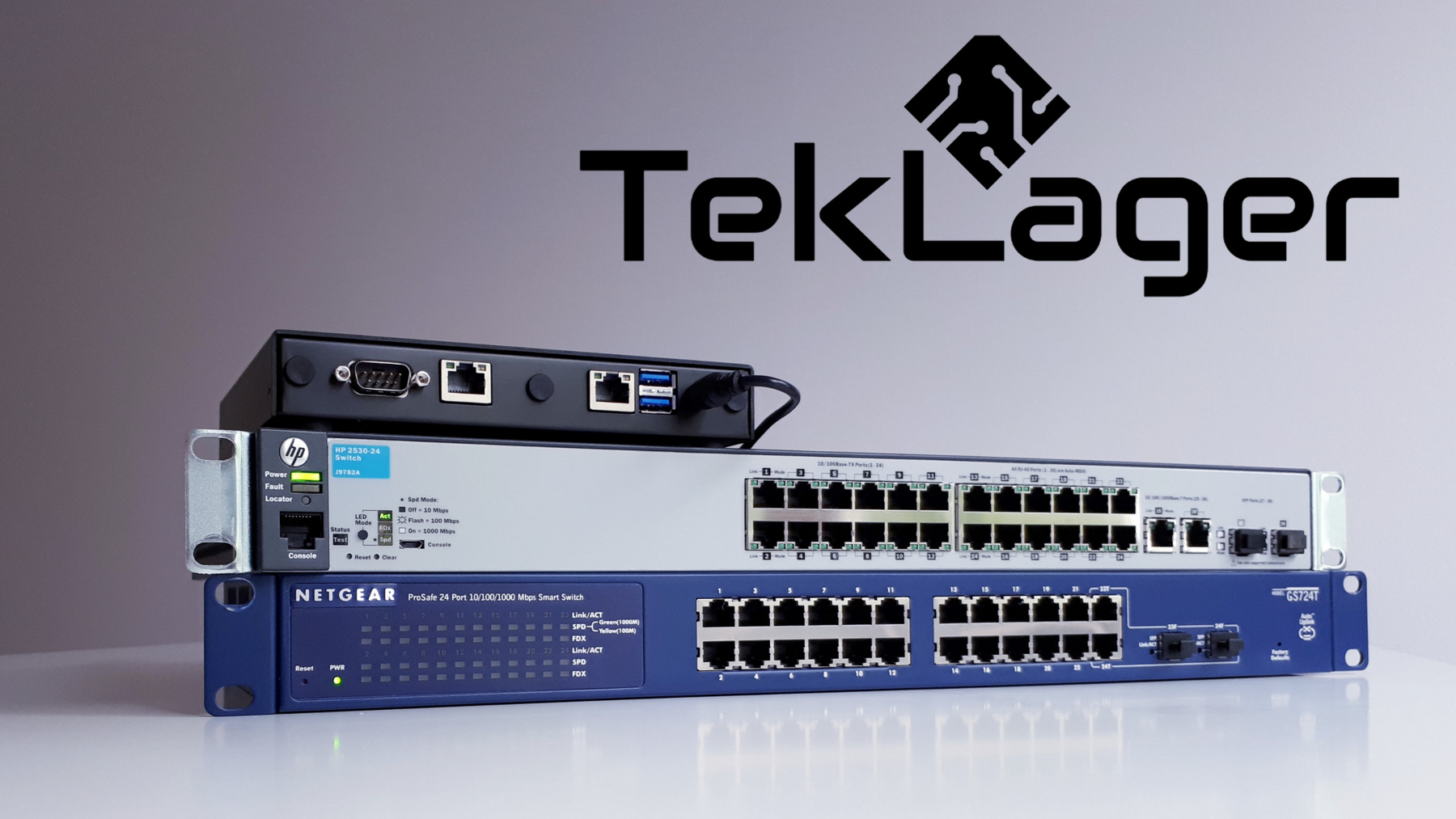Phoronix: OPNsense 20.1-RC1 Released For Popular BSD-Based Firewall / Routing OS
The release candidate of OPNsense 20.1 is available this weekend, the FreeBSD/HardenedBSD-based networking/firewall OS that forked from pfSense now a half-decade ago...
The release candidate of OPNsense 20.1 is available this weekend, the FreeBSD/HardenedBSD-based networking/firewall OS that forked from pfSense now a half-decade ago...


Comment